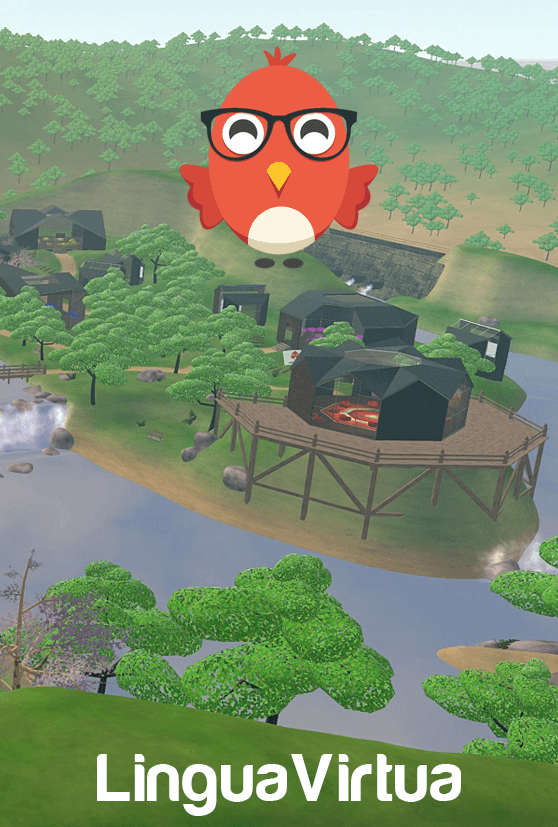Learning a new language stimulates your brain in many different ways. It builds new connections, which have a direct impact on your level of creativity. Everyone who masters a second language feels a sense of unparalleled accomplishment. There are very few things as satisfying as being able to converse with a native speaker comfortably. Here are some tips that can help:
1. Set a Goal
New learners often start without a particular goal in mind. The desire to learn can be motivating for some time, but it eventually fades away, leaving people stranded. Setting a goal is much more effective as students have a clear destination in mind. Here are some examples of reasonable goals:
- Learn 1,000 essential words and how to use them effectively in 3 months
- Understand your favorite show or song in its native language
- Carry out casual conversions with native speakers
- Learn writing systems effectively
- Master the basic characters in a month
Set a trackable or tangible goal, as that can help with motivation. You can also create milestones with a small reward system. Breaking this process down into smaller sections will make learning less intimidating.
2. Don’t Worry about Advanced Words or Grammar
Advanced vocabulary and grammar are highly challenging aspects of learning a second language. They can do more harm than good if you start focusing on them too soon. Instead, master all the basics like polishing casual conversations first.
A strong foundation makes further exploration easier. Advanced words and grammar come naturally as you read, communicate, and write. Long-term exposure to diverse forms of media can help you learn more than any formal lessons.
3. Listen to Native Speakers
Native speakers absorb their language through a lifetime of exposure and use distinctive inflections, gestures, rhythms, etc., in everyday conversations. A native dialect influences non-verbal communication, hesitation words, and sound; you can’t absorb these unique characteristics just by attending formal lessons. Interacting with natural speakers will help you understand all the exciting nuances.
Converse with as many native speakers as you can. Consume media like television programs, songs, movies, cartoons, etc., in your second language. Regular exposure can help with integration, allowing a dialect to settle in until speaking feels completely natural.
4. Make It a Habit
Language skills can become rusty if you don’t utilize them often. It’s like exercising a muscle after a long period of inactivity. Nothing will feel smooth, natural, or comfortable. That’s why learners need to make language a habit. Converse in it every day, watch different types of media, listen to podcasts, songs, or stories, etc. For example, if you’re learning Korean, watch K-dramas during your daily commute, listen to K-pop while washing dishes, read Korean novels at bedtime, write short stories or poetries in the language, and so on.
These habits can help with integration, which eventually leads to mastery. When a foreign tongue has settled in, you will no longer have any trouble with communication.


























Leave a Reply